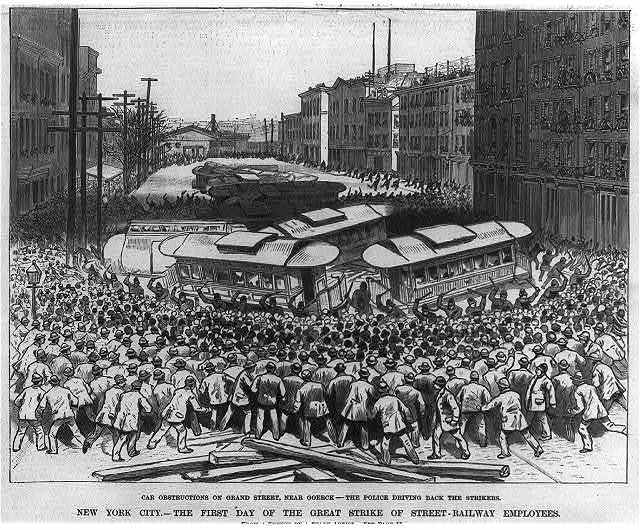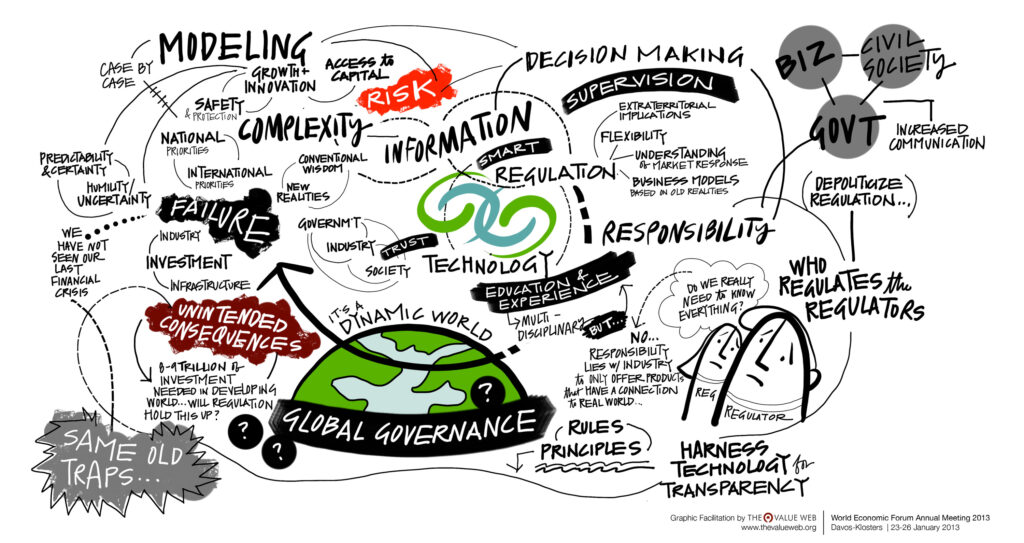The final paper I wrote to finish college interpreted many of the Progressive Era reforms which laid the groundwork for modern U.S. regulatory bureaucracies as fundamentally reactionary. Driven by corporations and their owners, the new rules served to foreclose the possibility of a resurgence of the more radical farmer and labor rebellions of the preceding decades. Writing it was not only formative to my political practice as a young activist, its lessons still guide the ongoing evolution of my sense of strategy.

After graduation, I continued on to learn how today’s regulatory apparatus serves the same function: to regulate activists, not corporations. The latter are permitted to carry on business as usual while the former are disciplined to express our grievances in ways that don’t challenge the status quo, while accepting incremental measures rather than genuine democratic control.
It’s no wonder that corporations have invested in the regulatory infrastructure that provides them such stability and protection. Despite the Supreme Court’s pretense that corporations are people, it’s obvious to see the difference between the legal system’s treatment of human offenders, and the much softer regime of fines and penalties imposed on corporate criminals.
Generations of executives have made their wealth at the expense of countless lives, secure in the knowledge that they will never be personally prosecuted for the deaths they have caused. Even in the rare instances where a corporation is held liable and fined or penalized, our legal system protects the human decision-makers from criminal punishment. And meaningful consequences for the corporation – like revoking its charter and expropriating its assets for public use – are almost unthinkable under our current system of governance.

This is not a call to extend the criminal penal system to corporate offenders. Police and prison abolitionists have demonstrated that any expansion of the carceral state is ultimately wielded against the oppressed more than the powerful. My point is that centering regulatory redress limits our demands and what we can potentially win.
The distinction between reformist and abolitionist reforms offers important strategic insight for our related struggles. In the resistance to prisons and policing, reformist measures like body cameras and implicit bias training give police more resources, power and license to operate. Abolitionist reforms like ending cash bail or decriminalizing drugs or sex work reduce the scope of the entire system and increase people’s capacity to create real community safety without police.
A parallel distinction can help those resisting corporate power to avoid reformist strategies which empower corporations with further resources, legitimacy, or ability to maneuver. Corporate reformism can look like channeling a community’s resistance into a process that can only regulate details of a polluting facility while permitting its presence over residents’ objections. Or it can look like investing activist energy and resources in strategies that legitimate or even encourage corporate interference in policymaking.
The line between reformist and abolitionist corporate campaign strategies can be subjectively drawn in different places, but integrating the distinction should help us focus on undermining corporate power and supporting people’s movements. To me, shifting the balance of power between people and corporations means looking beyond the given regulatory channels to prioritize wins that build our collective power to center our economic and political lives around the needs of people over corporations and the owners and managers whose interests they serve.